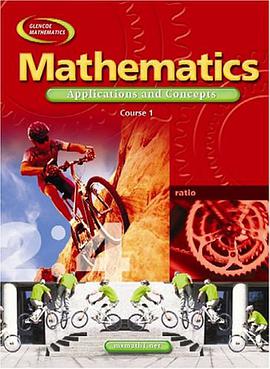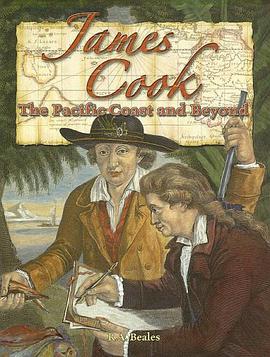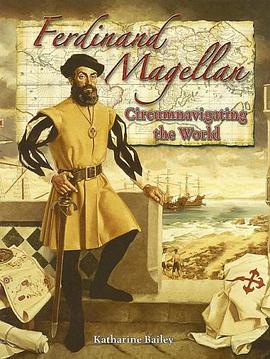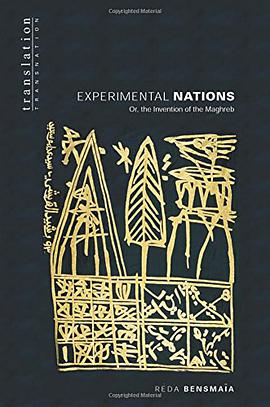
具体描述
Early Education, internationally, is the focus of much challenge and debate. Various approaches to teaching young children are being developed and advocated, but the focus is often on curriculum content with the processes of learning as a secondary issue. The most important consideration in early education is the way in which young children learn. Their transferable skills of communication, collaboration and investigation can underpin all aspects of learning. These elements form the main focus of work in a group of pre-schools in an area of Northern Italy which has earned an international reputation for innovative practice and pedagogy. The experience of Reggio Emilia, in providing challenges to accepted approaches to early childhood education in many countries, is widely acknowledged. Since 1963, when the Italian municipality of Reggio Emilia began setting up its network of educational services for 0-6 year olds, the 'Reggio Approach' has gained worldwide recognition. Numerous visitors have been impressed by the acknowledgement given to the potential of children, the organisation and quality of the environments created, the promotion of collegiality and a climate of co-participation of families in the educational project. This book reflects the impressions and experiences of the Reggio Emilia approach gained by a range of early childhood educators following a study visit to the region. It focusses on key issues such as staffing, training, working with parents, play, learning, the culture of early childhood, and special educational needs, from a variety of perspectives and will provide a welcome challenge to thinking for both practitioners and policy makers.
作者简介
目录信息
读后感
评分
评分
评分
评分
用户评价
相关图书
本站所有内容均为互联网搜索引擎提供的公开搜索信息,本站不存储任何数据与内容,任何内容与数据均与本站无关,如有需要请联系相关搜索引擎包括但不限于百度,google,bing,sogou 等
© 2026 qciss.net All Rights Reserved. 小哈图书下载中心 版权所有





















